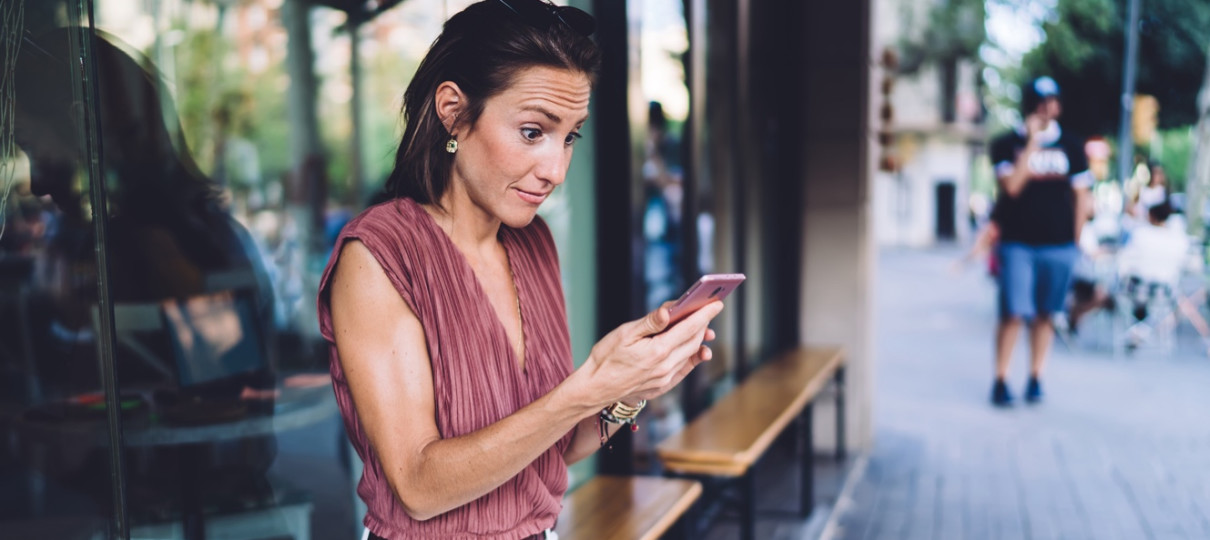If you follow the financial markets, you witnessed a rollercoaster ride in 2020. In March and April, the stock market got crushed when it became clear that COVID would be the cause of a rapid and historic drop in economic output.
Much to investors’ surprise, and delight, the market came roaring back. By September, the breakeven point was reached, which was a harbinger of things to come — between August 18th and December 30th, the market scored 19 new highs.
Besides the stimulus money Americans were provided twice in 2020, many economists point to the development of the COVID vaccine as the primary driver of the economic recovery. Before the vaccine was released, investors doubled down because they believed that the coming vaccine would fuel economic growth and bring back many of the jobs that were lost because of the pandemic.
After the vaccine was released this past spring, company earnings rebounded, and investors were handsomely rewarded. There have been several hiccups, but the Dow recorded yet another record high as recent as the third week of October 2021.
How money is being used to reward the vaccinated
According to USA Fact’s U.S. Coronavirus Vaccine Tracker, as of October 20, 2021, almost 190 million people (58% of the population) have been fully vaccinated. After a slow start, Americans began turning out, and there were lines of people waiting to get their shots in May. The strong pace has continued.
Why the uptick?
Some companies have provided cash payments to their employees for getting vaccinated, led by Vanguard, which is offering its 16,500 U.S.-based employees a $1,000 bonus. Other companies sweetening the pot for workers to get vaccinated include:
- American Airlines
- Amtrak
- Chobani
- Darden Restaurants
- Kroger
- Lidl
- McDonald's
- Publix
- Target
- Trader Joe’s
- Tyson Foods
- Walmart
These companies are not only potentially keeping millions of people safer; they’re also bolstering the economy by providing their own type of stimulus money.
The federal government is also encouraging local and state governments to give $100 to unvaccinated Americans who come forward and receive the vaccine.
As generous as that sounds, Uncle Sam also is threatening to paddle companies with 100 employees or more who are not mandating that their workers either be vaccinated or undergo weekly testing. The penalty to a company for non-compliance: up to $14,000 per violation.
Employers will also have to give workers paid time off to get vaccinated or recover from any side effects. The IRS is offering a tax credit to employers who comply with this requirement.
A hit to the wallet for the unvaccinated
While some organizations are putting money into the wallets of people getting vaccinated, some are also taking money out from the unvaccinated.
In early October, Northwell Health, New York state’s largest healthcare system, laid off 1,400 workers who refused to get their shot. Washington State University fired prominent coach Nick Rolovich for “defying the vaccine mandate for all state employees.” And Delta Airlines is imposing a $200 per month health insurance premium surcharge on its unvaccinated employees.
Healthcare costs will also be hitting the unvaccinated. Earlier during the pandemic, most of the major insurers waived payments for coronavirus treatment. However, those waivers have begun to expire, meaning that patients will be responsible for any medical bills resulting from a hospital stay for COVID (97% of people hospitalized for COVID are unvaccinated).
Many of these people will not be able to pay for their medical costs out-of-pocket, meaning that money will come out of the pockets of taxpayers and people who are insured.
The unvaccinated may be required to pay for any COVID testing needed to prove they don’t have the virus, with costs ranging from $20 to over $1,400 for a single test, according to the Kaiser Family Foundation.
Students are also being affected financially for not getting vaccinated. According to the Daily Mail, one student at Brigham Young University lost out on $200,000 of scholarship money because she refused to get vaccinated.
Being unvaccinated is also draining money from unvaccinated people who want to take a cruise with Carnival. Those who have declined to get vaccinated have to pay $150 for a COVID test before they embark, and they must buy travel insurance to cover medical expenses and any emergency medical evacuation that is needed.
The soft costs of not taking the vaccine are also high. James Ferrara, president of the InteleTravel network of home-based travel advisors said, “And maybe the higher cost is the trouble, the concerns, the inconvenience, frustration, and confusion.”
The cost of dying from COVID
To date, COVID has killed more than 700,000 Americans, which is more than any pandemic the U.S. has ever faced.
The unvaccinated are the most likely to cope with the costs of death. According to the Center for Disease Control and Prevention, unvaccinated people are 11 times more likely to die from the virus than those with the vaccine.
The financial loss to the victim’s family is considerable. End-of-life care, funeral costs, and the loss of income can cost survivors their home, children’s education, and much more.
[ Related read: How much does a funeral cost? ]
The debate rages on
Many people who have been vaccinated believe they did the responsible thing and shouldn’t be adversely affected financially by those who remain unvaccinated.
Some people have taken the stance that there be no health insurance coverage for people who have chosen not to be vaccinated. They compare the situation to a safe, single-shot cure for Type 2 diabetes being developed, and people with diabetes who refused to take the vaccine would have any claims denied related to the costs of complications.
Statistics show a direct connection between vaccination and the likelihood of serious complications from COVID, and with that connection being so clear, the issue of personal responsibility comes into play. Even if someone is nervous about the possible health risks of getting vaccinated and is still holding off, should their hesitation impose severe costs for others?
Hopefully, that will soon become a moot point because of herd immunity being reached or eradicating the virus. But, until then, the cost of not being vaccinated will continue to rise, and more hard mandates become more likely.
Having grown up in upstate New York, Bob Phillips spent over 15 years in the financial services world and has been making freelance writing contributions to blogs and websites since 2007. He resides in North Texas with his wife and Doberman puppy.
The information and content provided herein is for educational purposes only, and should not be considered legal, tax, investment, or financial advice, recommendation, or endorsement. Breeze does not guarantee the accuracy, completeness, reliability or usefulness of any testimonials, opinions, advice, product or service offers, or other information provided here by third parties. Individuals are encouraged to seek advice from their own tax or legal counsel.







